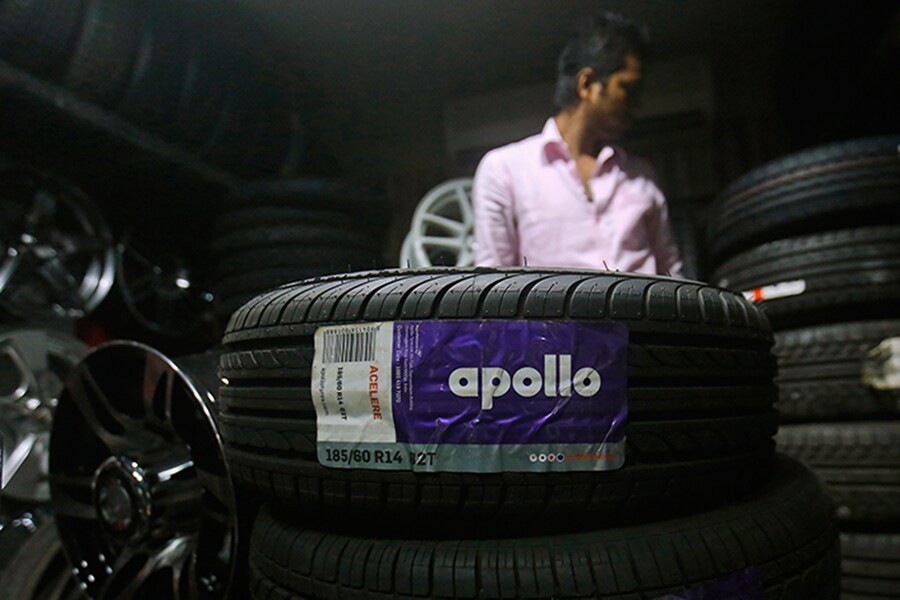Hungarian plant to allow Apollo Tyres to increase its connect with European car
Apollo Tyres' Rs-3325 crore investment is the largest by an Indian company in the European nation


 The last year has been tough for Indian tyre makers as they have battled Chinese imports
The last year has been tough for Indian tyre makers as they have battled Chinese imports
Image: Danish Siddiqui / Reuters (For illustrative purposes only)
Gyongyoshalasz, Hungary - After establishing a beachhead into Europe in 2009, Apollo Tyres has taken a significant step in growing its brand in Europe over the next decade.
The company has set up a greenfield plant in Gyongyoshalasz, Hungary. "This is the first time the company has set up a plant outside India from scratch," said Onkar S Kanwar, chairman Apollo Tyres, at a glittering inauguration ceremony at the site, 90 kilometres from the Hungarian capital Budapest. The plant was inaugurated by the Viktor Orban, the prime minister of Hungary.
Set up with an investment of euro 475 million (Rs3325 crore) the plant, which has an automation level upwards of 50 percent is the largest investment by an Indian company in Hungary. It also makes the Gurugram-based company, which also has operations in the Middle East and south east Asia, the most globalised of Indian tyre makers.
Apollo’s Hungarian plant, its sixth plant globally, will have a capacity of 6 million car and truck tyres a year. In its first full year of production, the plant will add $1 billion (Rs6500 crore) to its $1.8 billion (Rs11,700 crore) revenues.
More importantly, the plant would allow Apollo increase its connect with car makers in Europe. As of now, the company supplies mainly to the replacement market in Europe under the Verdestein brand. Apollo had acquired the Verdestein brand in 2009.
"We would like at least 25 percent of tyres to be sold to original equipment makers in the next year," said Mathias Heimann, president, Europe and Americas at Apollo Tyres. This would go a long way in making Apollo a player to reckon with in the replacement market as buyers usually stick to the car maker brand while replacing tyres during the life cycle of an automobile.
The last year has been tough for Indian tyre makers as they have battled Chinese imports that they allege are sold in India at below the cost of production in China. They have lobbied hard so far for an anti-dumping duty – a demand which the Indian government has resisted. In going out of India. Apollo has used its expansion in Europe as a strategy to de-risk its India business and plans to do more of the same in future. “Our long-term plans include entering the US market for which we need to have the right products and the right distribution network in that market,” said Neeraj Kanwar, vice chairman and managing director, Apollo Tyres. The company plans to look at setting up a plant in the US in the next 4-5 years, he said.
(Travel for the story was sponsored by Apollo Tyres.)
First Published: Apr 08, 2017, 12:55
Subscribe Now